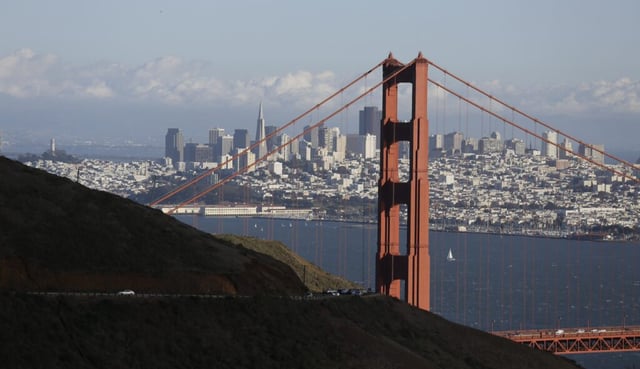Overview
- The Supreme Court ruled 5-4 that the EPA overstepped its authority by imposing broad water quality standards on San Francisco's sewage discharges.
- The decision reaffirms the Clean Water Act's 'permit shield,' protecting permit holders from penalties if they comply with specific permit terms, even if water quality standards are not met.
- Environmental groups warn the decision weakens the EPA's ability to enforce clean water protections, potentially leading to increased pollution in waterways like San Francisco Bay.
- Supporters of the ruling, including industry groups, argue it provides regulatory clarity and prevents excessive penalties for entities adhering to their permits.
- The ruling has sparked concerns over its broader implications for national water quality standards and the EPA's capacity to regulate pollution effectively.


